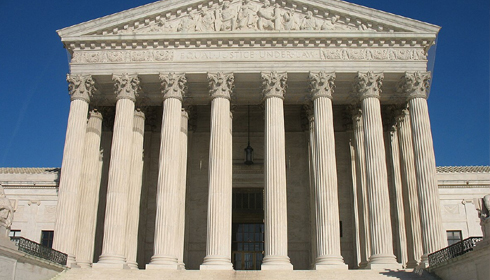
U.S. Abortion Seekers Confront Crushing Medical Expenses and Emotional Trauma
A significant study released in JAMA Network Open highlights the alarming reality that U.S. patients pursuing abortion services, especially those travelling across state lines, often encounter devastating health expenses. A recent study by Ortal Wasser, MSW, reveals the growing financial and psychological challenges faced by individuals and families seeking abortion treatment, challenges that have intensified due to recent legal changes.
A recent cross-sectional study has delved into the experiences of individuals in the United States who sought abortion care, focusing on the economic repercussions faced by their families. Recent findings reveal that patients who travel between states face significantly elevated costs. We categorize these charges as "catastrophic health expenses," meaning they significantly contribute to a household's income. In the wake of the 2022 U.S. Supreme Court ruling in Dobbs v. Jackson Women's Health Organization that dismantled the protections established by Roe v. Wade, numerous states have implemented stricter abortion regulations, compelling individuals to pursue medical care in other jurisdictions. The recent ruling has significantly heightened the financial challenges faced by individuals seeking abortion services, with a particularly pronounced impact on low-income families and residents of states with stringent restrictions.
As financial pressures mount for individuals seeking treatment within their home state, those compelled to travel outside of the state face escalating expenditures that can quickly spiral out of control. The costs encompass transportation, accommodation, lost wages, and medical expenses related to the surgery. The findings reveal that these factors impose significant financial and psychological challenges on patients and their families.
The findings of this study carry significant implications for public health and raise important policy considerations regarding the availability of abortion services. Researchers highlight the disproportionate impact of financial challenges linked to abortion treatment on marginalised communities, exacerbating their already significant health and economic disparities. The study's findings reveal a significant emotional and mental burden, as financial constraints intensify the stress experienced during abortion-seeking encounters.
Experts are advocating for the expansion of insurance coverage in response to these findings, aiming to mitigate catastrophic costs and create a more equitable healthcare system. Wasser and colleagues advocate for regulations aimed at guaranteeing access to abortion care irrespective of state residency. This approach could diminish the necessity for costly cross-state travel and ease some of the financial burdens faced by individuals seeking these services. Individuals benefiting from extensive coverage are likely to experience reduced interruptions in their work, family dynamics, and overall mental well-being.
The study advocates for expanded insurance coverage, aligning with ongoing discussions in the United States regarding healthcare equity. The landscape of abortion services is becoming increasingly fragmented, marked by varying state-level prohibitions that contribute to a growing disparity in healthcare access. The stark disparity in access to resources is particularly pronounced for individuals residing in restrictive areas, where opportunities often hinge on one's financial capacity or ability to travel.
The report indicates that the Dobbs decision may lead to significant long-term consequences, potentially exacerbating existing inequities in health outcomes across different states. The study emphasizes the urgent need for healthcare professionals and governments to implement structural improvements aimed at protecting individuals from financial burdens associated with medical expenses.